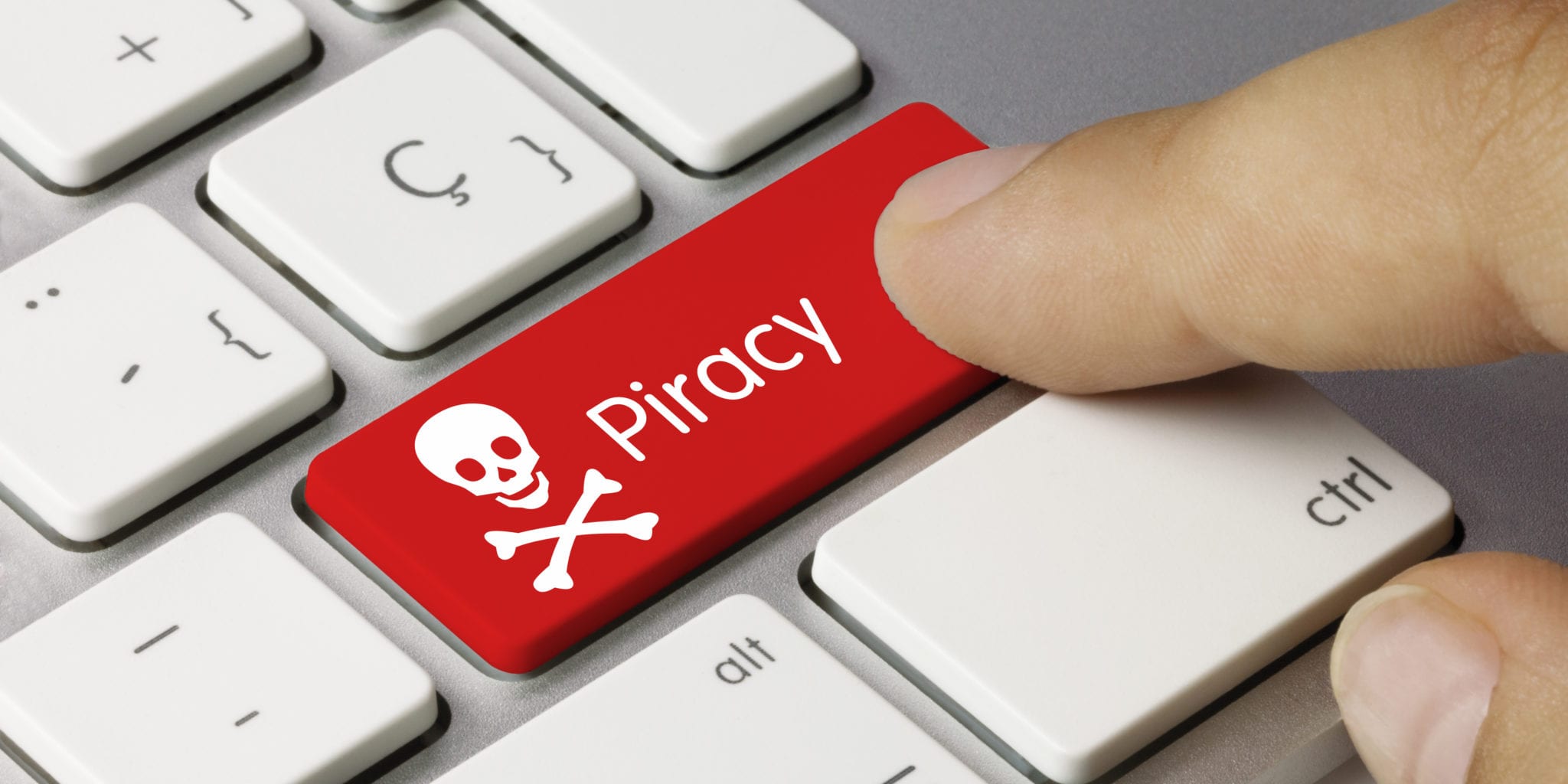[This post has been authored by Neha Uppin, a student at the National Law University, Odisha.]
Introduction
Online Piracy of copyrighted works is at an all-time high in this digital era. We have seen instances of latest movies being illegally streamed on the internet right after their theatrical release. In order to curb this menace, John Doe Orders or Ashok Kumar Orders were introduced by the Indian Courts under Section 151 of Code of Civil Procedure, 1908 [“CPC”], to restrain anticipated copyright infringements on the Internet. However, in recent times, Courts have issued the injudicious John Doe orders to block websites themselves, as opposed to blocking specific infringing links, adversely affecting innocent websites hosting legitimate content. This article analyses this skewed trend which tilts heavily in favour of copyright owners and provides a remedy to revamp the current John Doe regime into a mechanism which not only protects copyright owners but also innocent websites.
Blocking a URL v. Blocking a Website
Pursuant to a John Doe order of the Delhi High Court in the case of Star India Pvt. Ltd v. Sujit Jha, Star India was granted a pre-emptive order to block 73 websites in anticipation that these websites were ‘likely’ to infringe its copyrighted works. The Court, instead of blocking access to specific URLs (Uniform Resource Locators) containing pirated content, blocked such websites in entirety. This order contradicts the Madras High Court’s Order in R. K. Productions v BSNL which held that only specific URLs hosting infringing content be blocked instead of blocking an entire website and made it the copyright owners’ burden to identify these specific infringing URLs. It would be unfair to block an entire website unless it can be proved by copyright owners with an exactitude that the website contained only illicit copies of the plaintiffs’ film devoid of any legitimate content.
In the case of Warner Brothers Entertainment Inc. v. http.//TamilRockers.ws & Ors. & Disney Enterprises Inc. v. KimCartoon.to & Ors., the Delhi High Court issued Dynamic John Doe Blocking Orders wherein, it blocked dozens of websites and their mirror versions from illegally hosting copyrighted content. These Dynamic injunctions allow the Plaintiff to refer any ‘mirror/redirect/alphanumeric’ to the Joint Registrar of the Delhi High Court who has been given extensive powers to enlarge the scope of the judicial order to include these mirror websites as well. However, in both these cases, the Court has not gone into the consideration whether the copyright owners had sent takedown notices to these alleged rogue websites before approaching the Court, failing which these websites cannot qualify as ‘rogue websites’.
In order to determine whether the website complained about is a rogue website or not, the Delhi High Court, in the case of UTV Software Communication Ltd. v. 1337x.to and Ors., laid down a list of indicative factors such as if the websites primarily share pirated content, non-availability of the details of the Registrant of the website, silence or inaction by such website after receipt of copyright infringement takedown notices, whether it provides indexes or categories as a means to infringe copyright, or if the website has been blocked in other jurisdictions, the volume of traffic the website receives, etc. If these conditions are satisfied, only then should a website blocking order be granted by the Courts. However, these factors were not taken into account by the Courts in the above-mentioned cases before granting John Doe Orders.
Abuse of Powers under the John Doe Regime
The makers of the movie, “Singham”, obtained a John Doe order wherein all access to file-sharing websites was blocked despite the fact that these websites hosted legitimate content as well. Many times, copyright owners have abused the process of the Court by wrongly identifying websites that are involved in Fair use under Section 52 of the Copyright Act, 1957 as Pirated websites. For example, madaboutmovies.com, a website which reviewed and discussed movies, was blocked without any notice/opportunity for a fair hearing – an act against the due process of law.
Another website named Induna, which was involved in selling licensed copies of movie DVDs and VCDs was also entirely blocked by a Court order. These overbroad Court orders do not prescribe the time duration of blockage which causes large monetary losses to websites as well as reputational losses due to the ‘pirate’ tag. This happens because the copyright owners, in their plaint, provide a list of websites in haste without any verification. The Courts, further, block these websites simply on the basis of the Plaintiff’s claims. Such blocking orders not only affect the users who want to access legitimate content hosted by the concerned website but also removes the legal work of an author.
Through such orders, the right of the general public to access the Internet is being curtailed which is a basic human right. ‘Free and open’ internet access enables individuals to seek and impart information and gives them an opportunity to exercise their freedom of opinion and expression online. The Internet Service Providers (ISPs) play a significant role in allowing Internet users to enjoy these rights, however, these ISPs imprudently block content identified by copyright owners to avoid liability/further litigation. This is because their primary motive is to generate profit rather than to protect legitimate speech, thereby, creating a “chilling effect on free speech” and expression online. ISPs even blindly adhere to the takedown notices sent by the Court and they neither contest the veracity of the claim nor offer any opportunity to the website to counter the block. Every website blocked by an ISP should include a notice on the blocked page about the Court Order and the website owners should be given the liberty to approach the Courts and object the grant of an injunction. Website blocking Orders should be passed by Courts only if the same is ‘necessary’ and ‘proportionate’ to bring parity between competing fundamental rights, i.e., between the right to intellectual property on the one hand, and the right to freedom of expression on the other. These safeguards operate as a redressal mechanism to the websites adversely affected by the John Doe orders.
Conclusion
John Doe orders are an effective tool to curb piracy in the virtual world. However, it is necessary to lay down certain checks and balances on the exercise of judicial power under Section 151 of the CPC. An IP Ombudsman should be created through statutory intervention to scrutinise the list of the websites/URLs provided by the Plaintiff which effectively ensures that innocent websites do not suffer. Such a remedy would strike a fair balance between the right of the IP owners to protect their copyright and the right of the third-party websites to conduct business.




